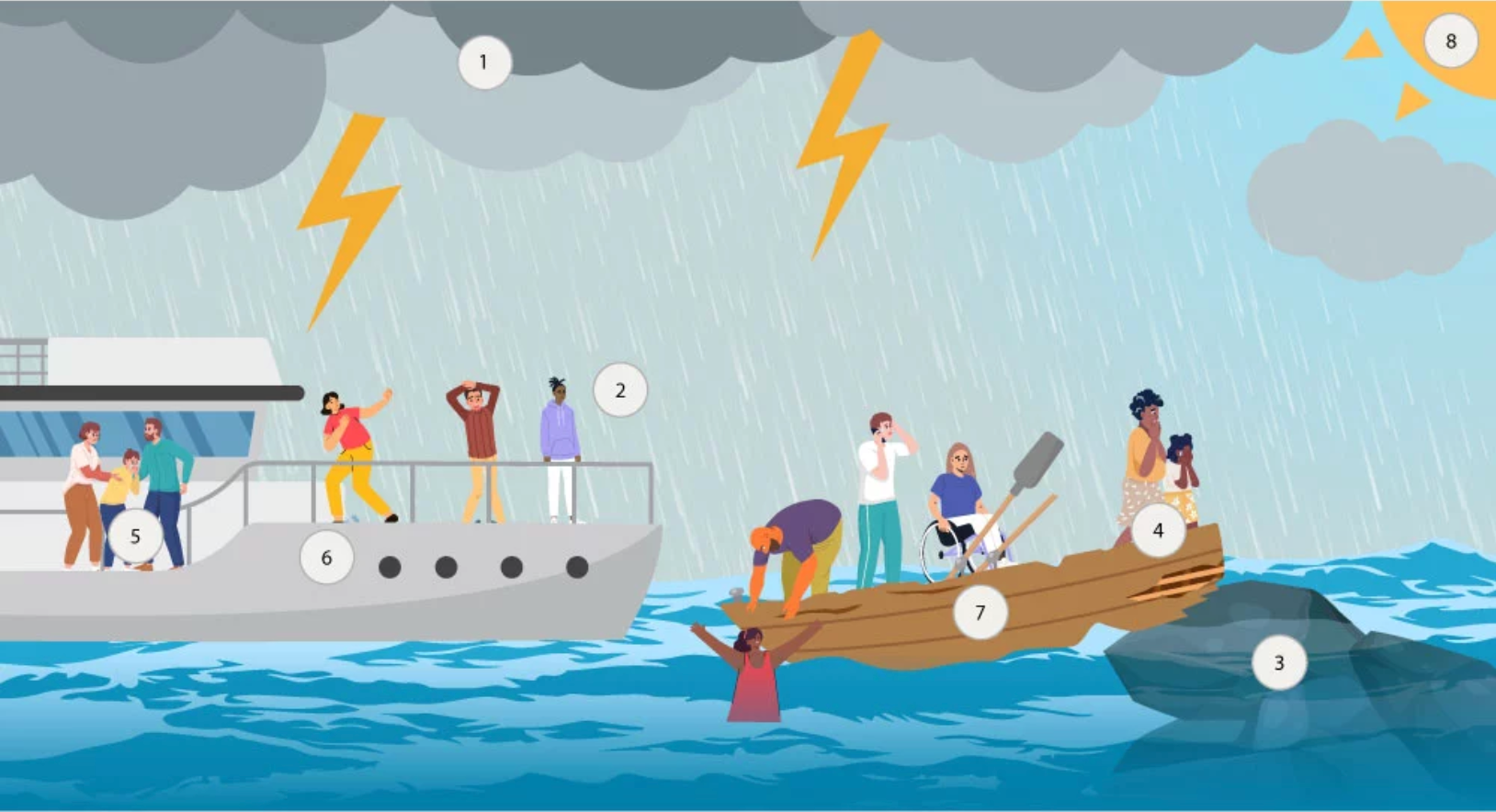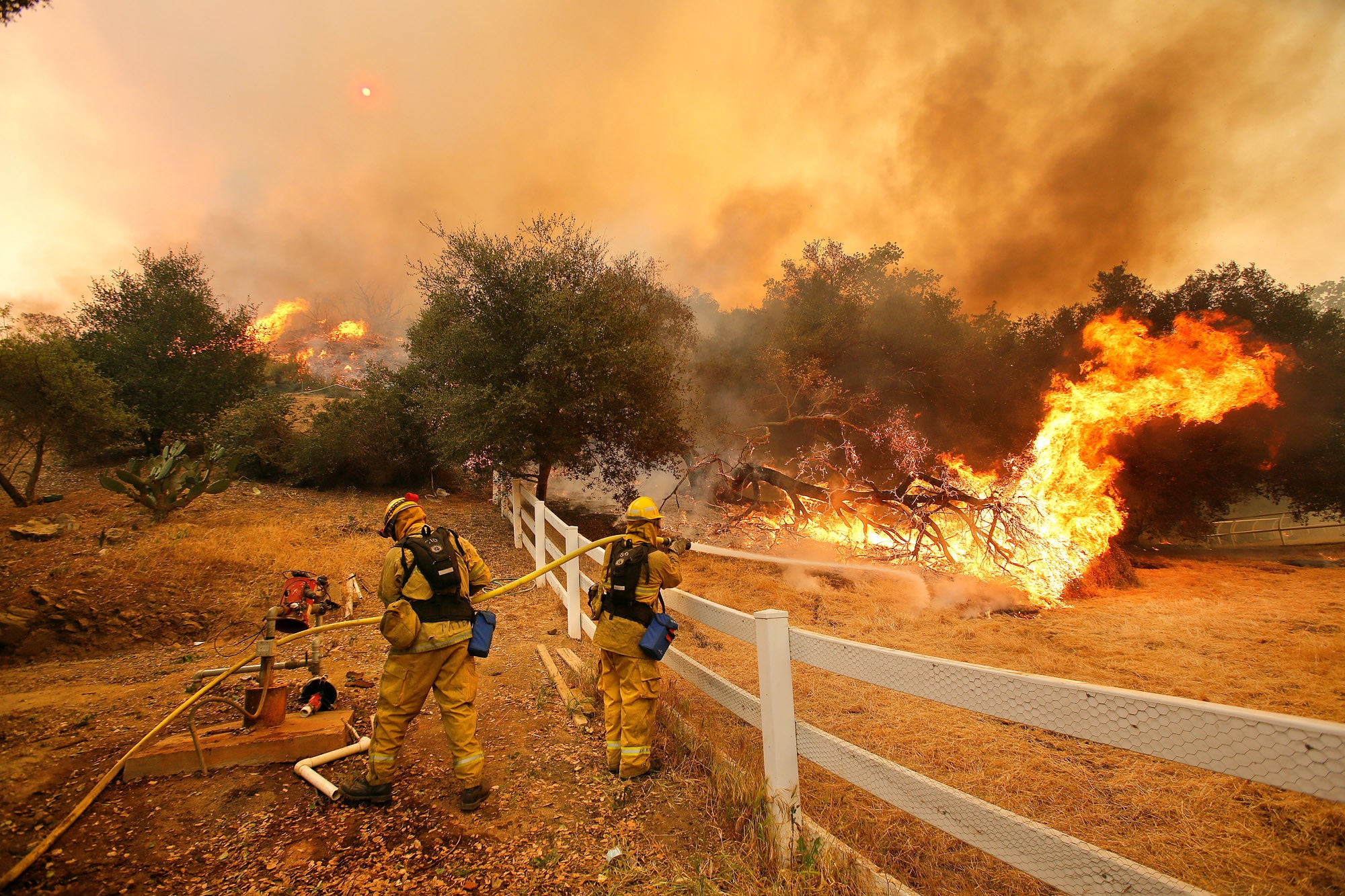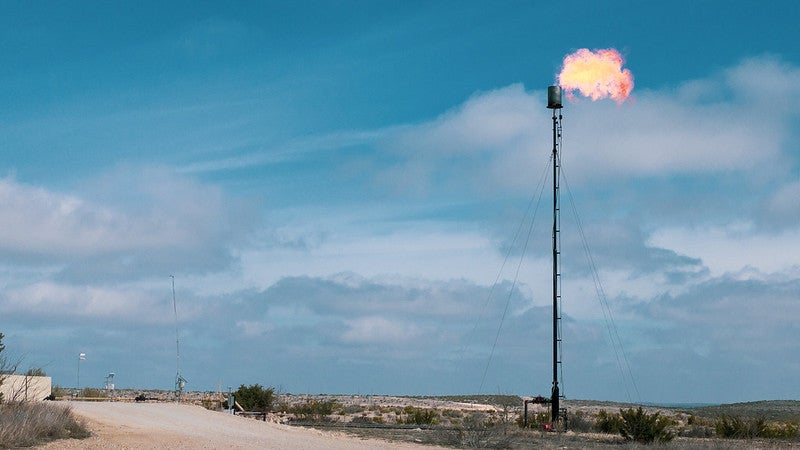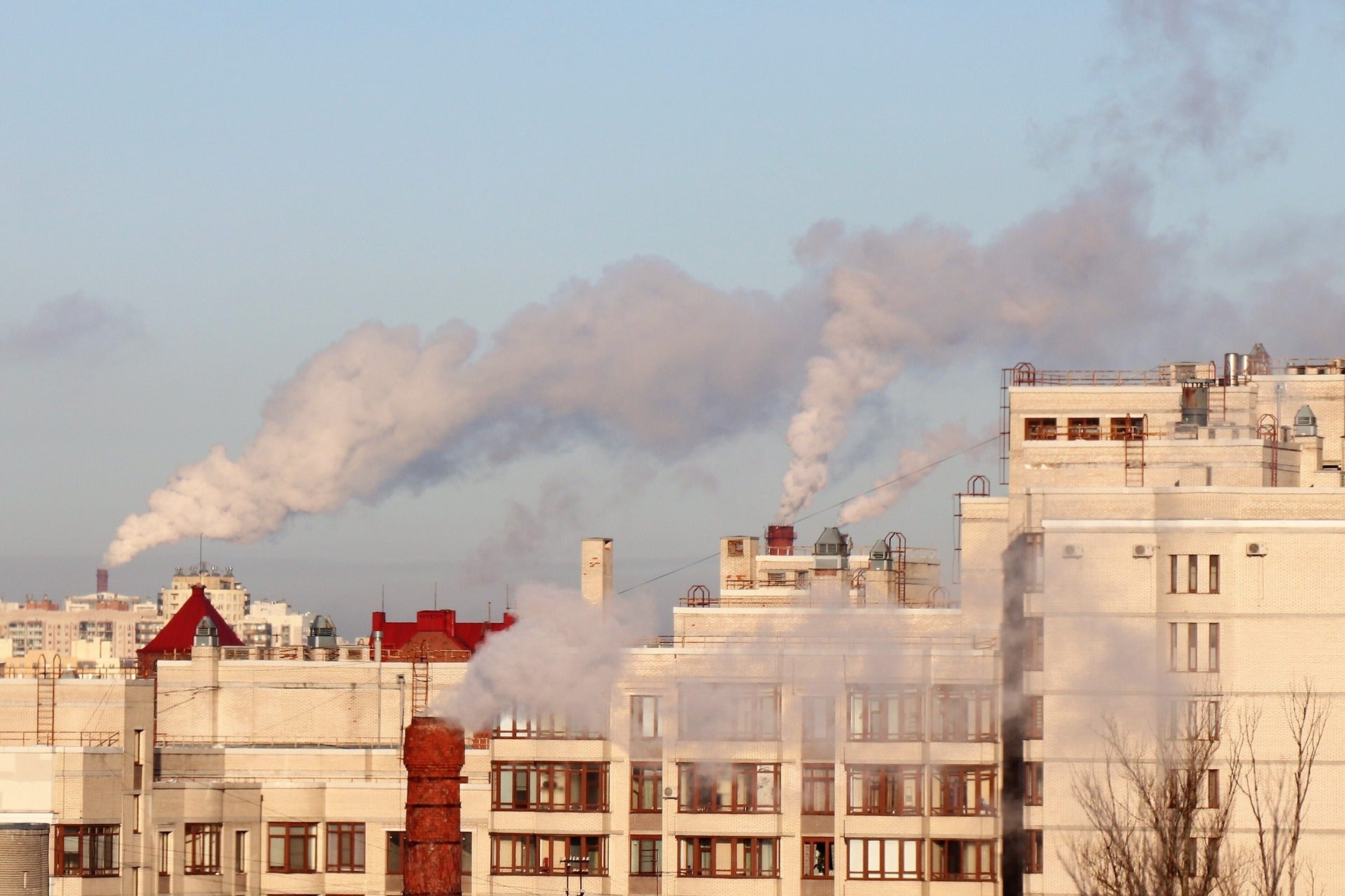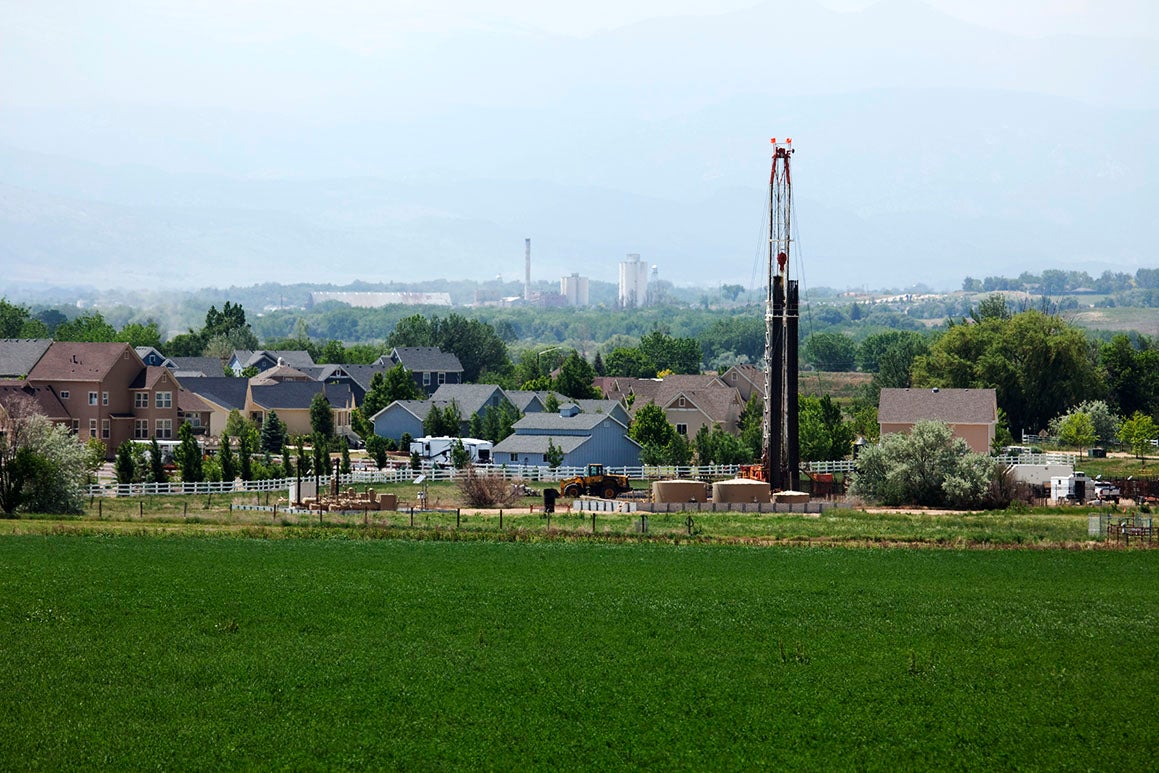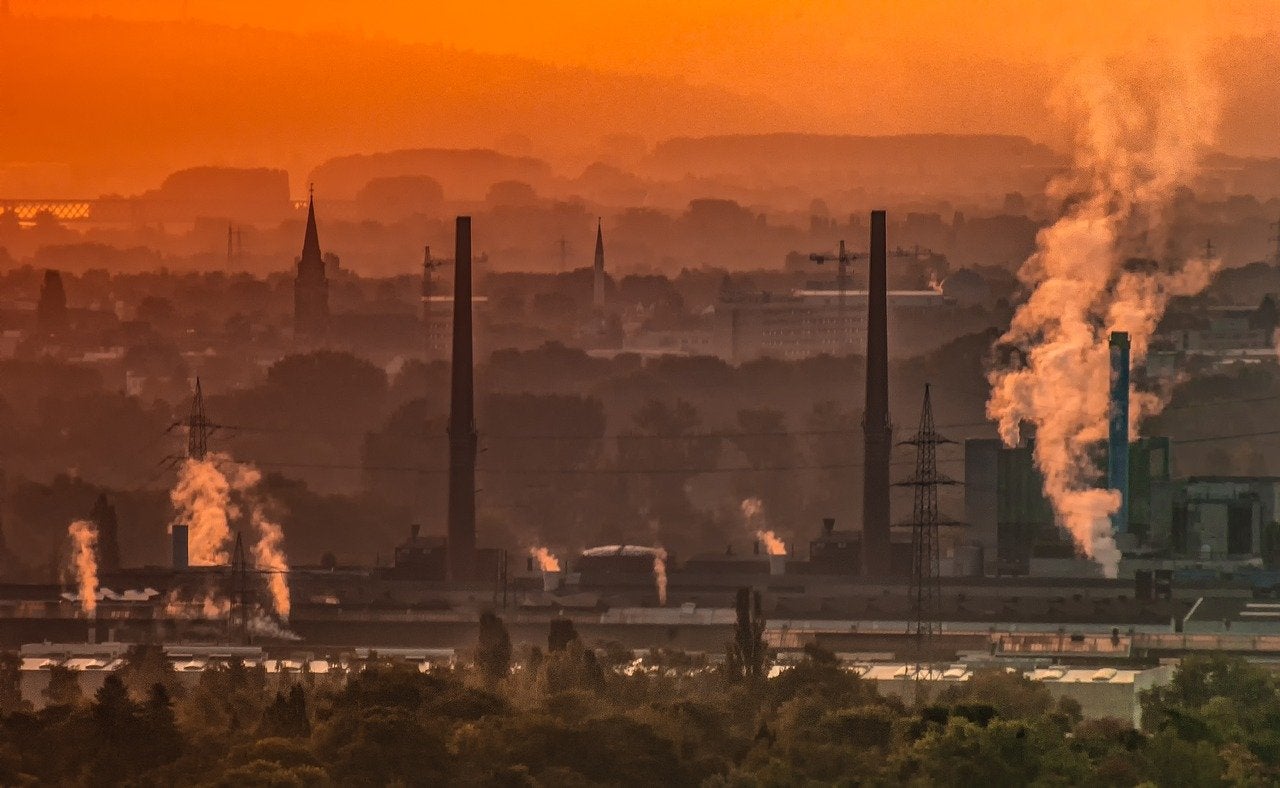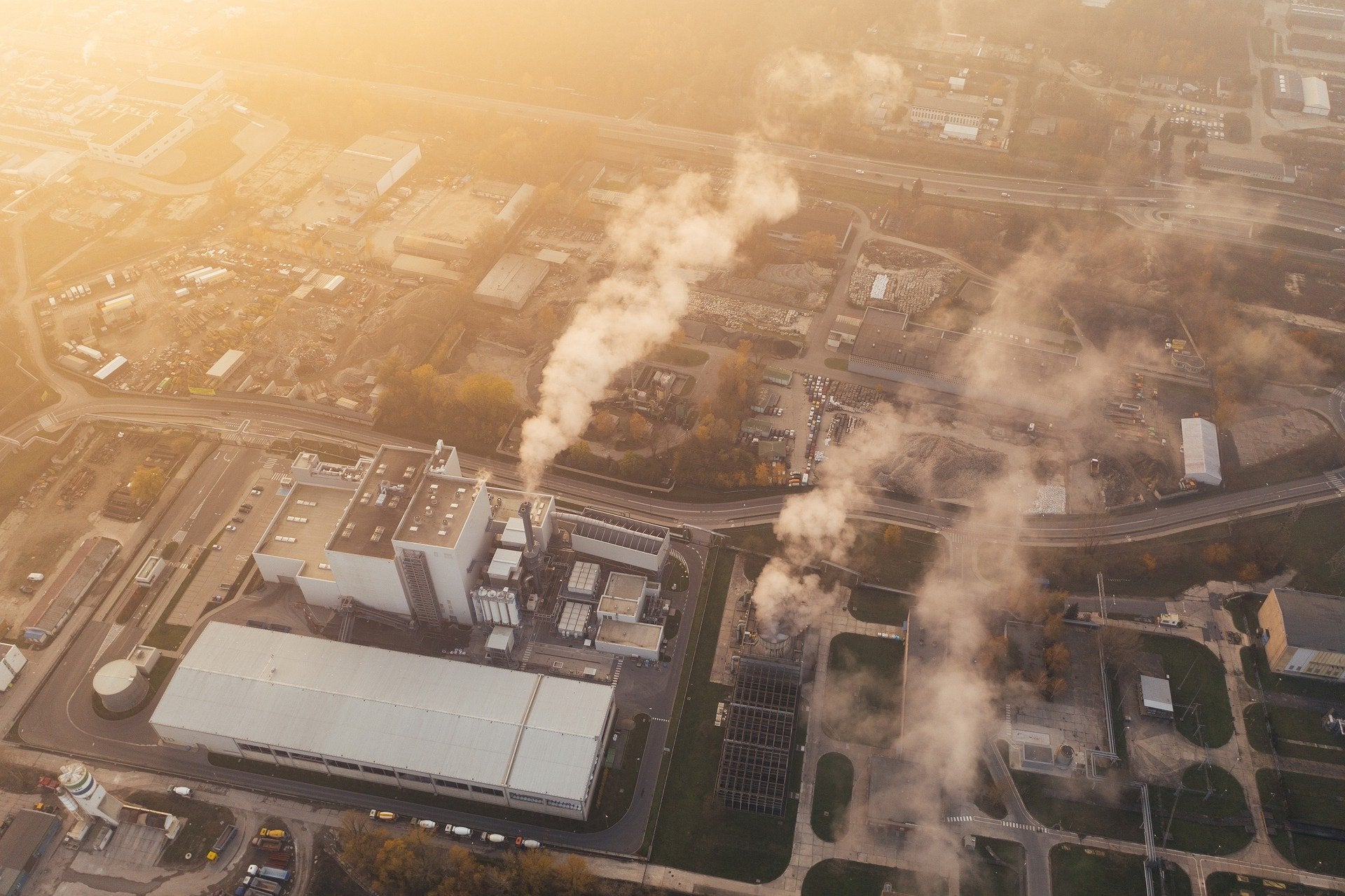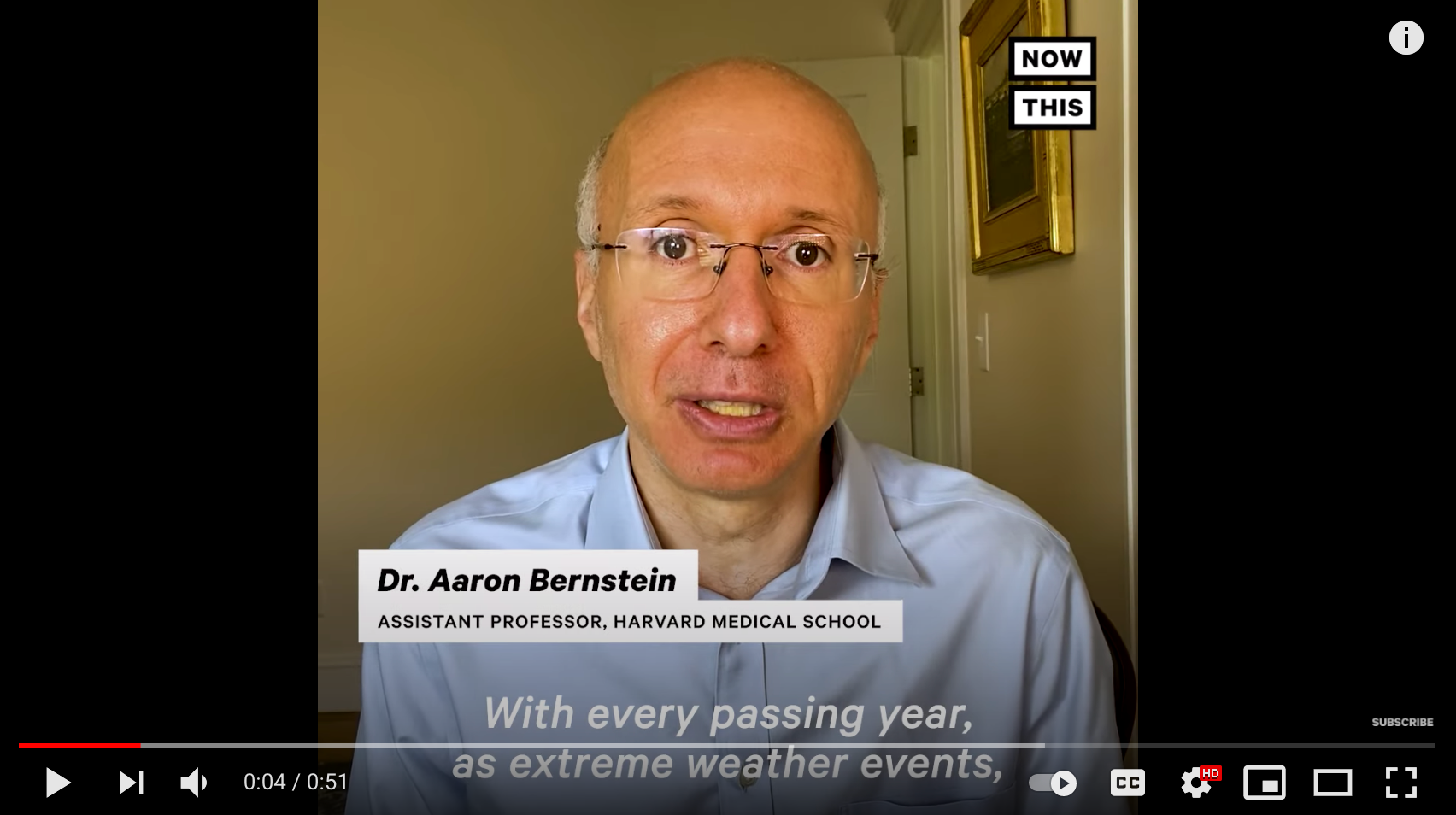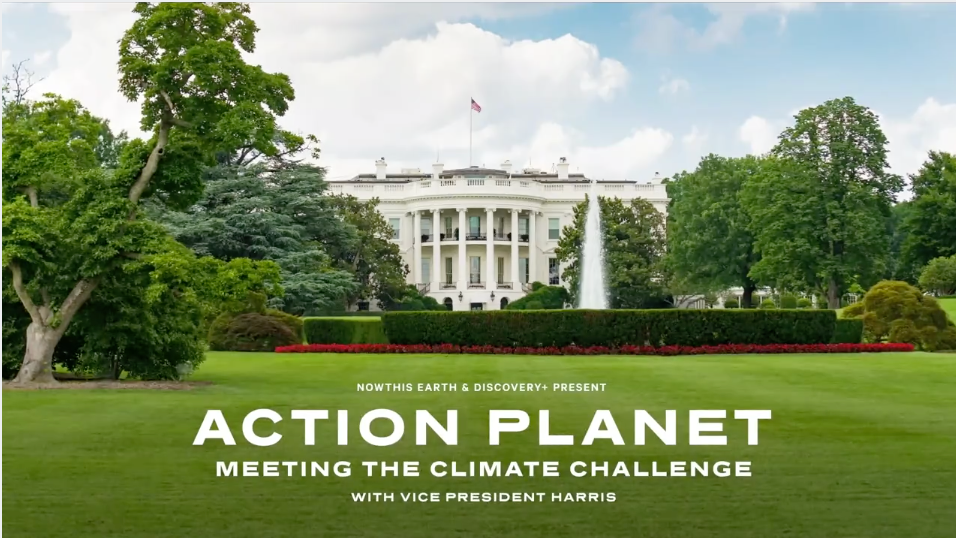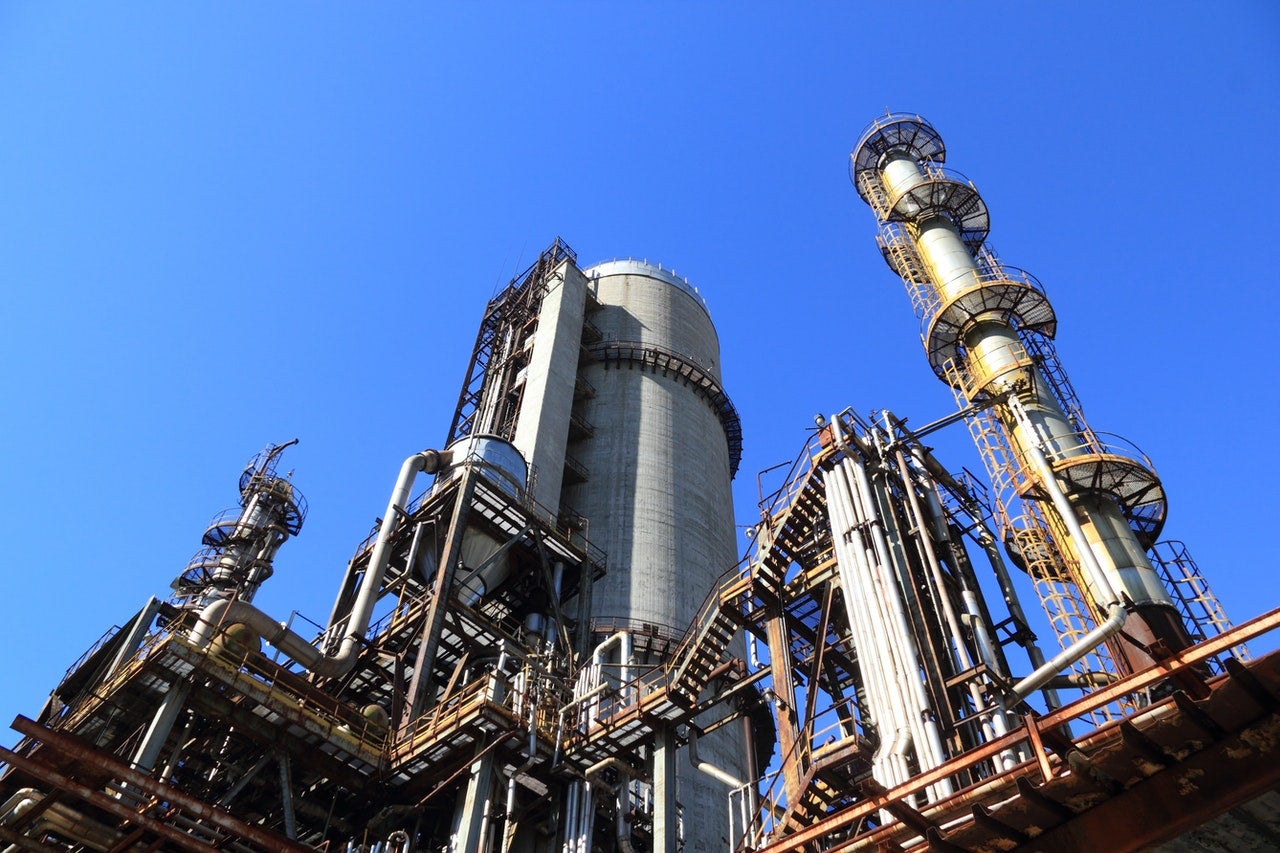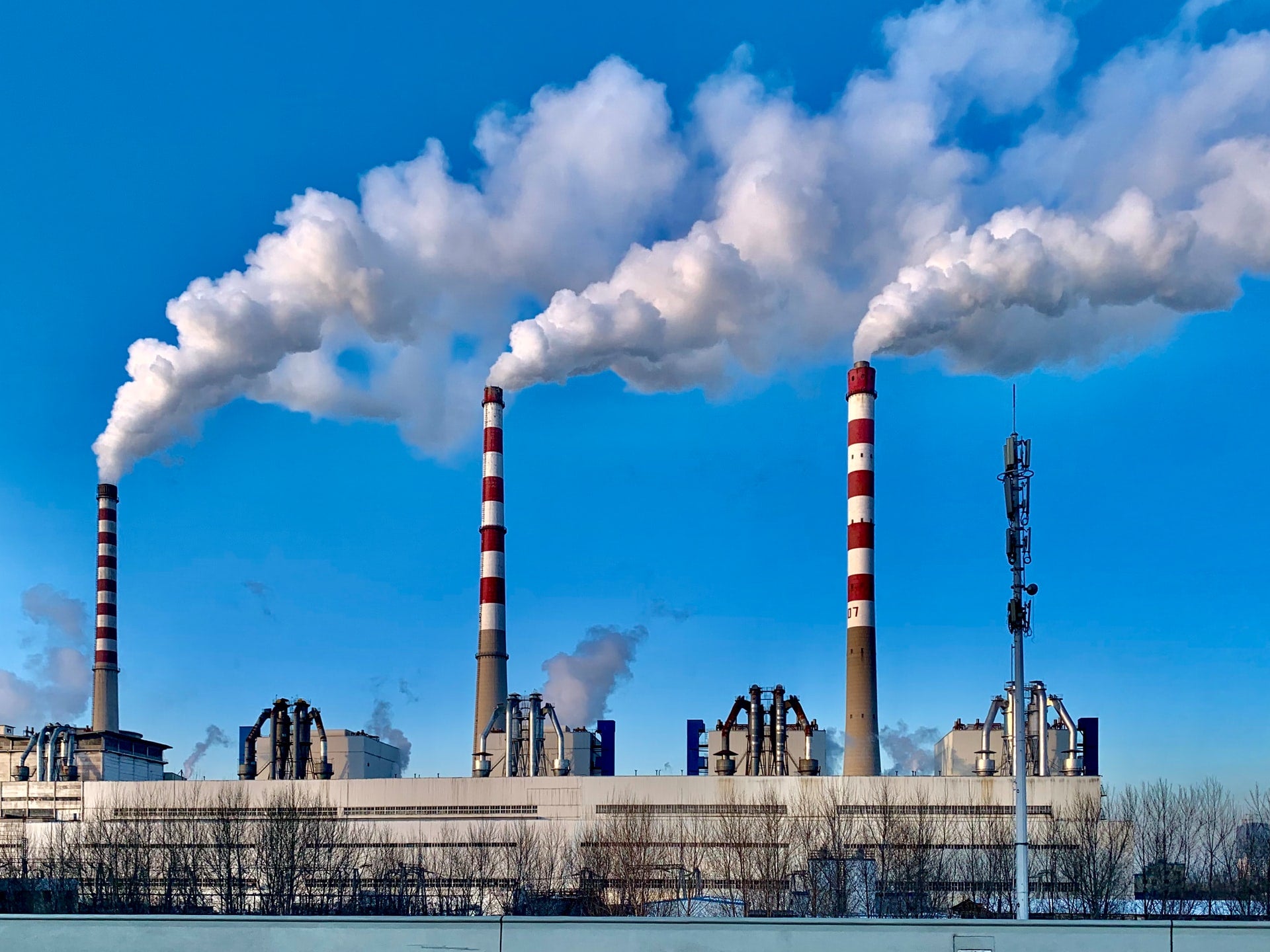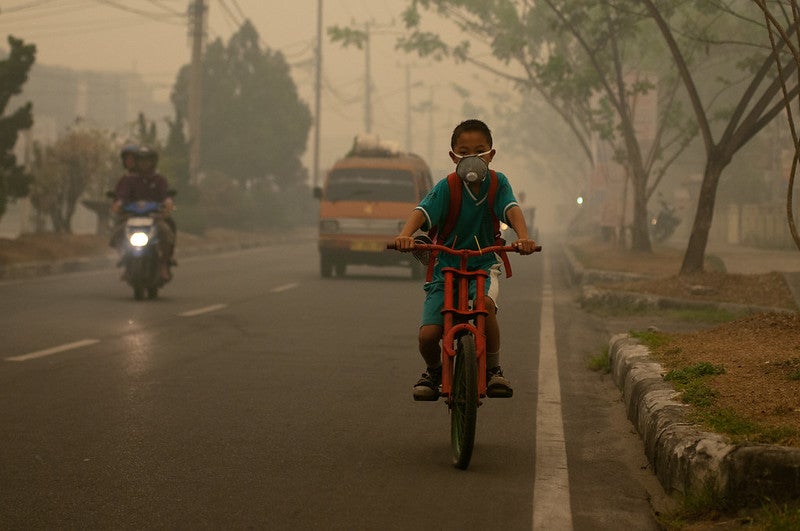The Pennsylvania Oil and Gas Act (Act 13) signed in 2012 did not significantly alter how unconventional natural gas (UNG) wells were sited in relation to nearby buildings, often due to exemptions, according to a study led by our Visiting Scientist Drew Michanowicz. This results in wells placed within PA’s setback distance (500 ft.) – a distance that has previously been found to not be protective against routine exposures to toxic substances such as benzene, hydrogen sulfide, and PM2.5 from fracking. Published in Energy Policy, “The effect of Pennsylvania’s 500 ft. surface setback regulation on siting unconventional natural gas wells near buildings: an interrupted time-series analysis” is the first study to look at the effectiveness of Pennsylvania’s statewide setback regulations and identify the potential risks and exposure pathways for people living near fracking or UNG wells.
Setbacks are the land-zoning regulations intended to physically separate industrial activity from places that merit protection like homes, schools, hospitals, and surface water. UNG extraction often brings activity to these places that are not historically seen as industrial, such as suburban areas, and brings hazards and harms that are not well understood.
Key findings:
The effectiveness of setback policies depends on how many opportunities there are for exemptions from siting restrictions.
-
- Following Act 13, which increased UNG well-to-building setback requirement from 200 ft. to 500 ft., a total of 371 setback incidents were observed likely due to pre-existing well pads that were exempted from the regulation (35%) and a combination of landowner consent and regulatory distance variances rather than encroaching building development.
- The majority (up to 65%) of setback incidents in PA were likely due to landowner consent waivers and/or operator requested distance variances.
- One out of every 13.7 UNG wells drilled in PA exhibited a setback incident after the passage of Act 13.
Exempting pre-existing well pads from new setback regulations has clear implications for human health and safety.
-
- A possible 46% decrease in the setback incident rate could have been achieved by outlawing new setback incidents on the 2,049 pre-Act 13 well pads.
- Inequities could persist unchecked due to the ambiguity of the exemption approval process combined with a confidential mineral rights leasing process.
Policy recommendations for new or amended setback regulations:
-
- New or amended setback regulations should
- Revisit exemptions and where warranted, impose additional mitigation measures to ensure setback regulations provide adequate protections for health and safety as intended.
- Include additional protective mitigation measures when an existing well pad is altered and/or require both regulatory approval and landowner consent.
- Regulators could routinely track and report well siting exemption rates and rationales and if warranted, consider changes to setback rules to narrow exemptions that are used too frequently.
- Regulators could ensure better landowner consent provisions; for instance, by requiring that the operator demonstrate to the landowner and the regulator that there is no alternative siting possible before landowner consent can be obtained.
- Regulators could increase transparency by making setback exemption permits publicly available online alongside other commonly reported well permit information.
- New or amended setback regulations should
“The effect of Pennsylvania’s 500 ft. surface setback regulation on siting unconventional natural gas wells near buildings: an interrupted time-series analysis,” Drew R. Michanowicz, Jonathan J. Buonocore, Katherine E. Konschnik, Shaun A. Goho, Aaron S. Bernstein, Energy Policy, April 28, 2021. DOI: 10.1016/j.enpol.2021.112298
Related media:
- Harvard study says tighter oil, gas rules that allow exemptions make little difference (Denver Post)
- Law meant to push drilling further from houses had little impact, study finds (StateImpact Pennsylvania)
- Loopholes undermine fracking setback rules — study (E&E News)


